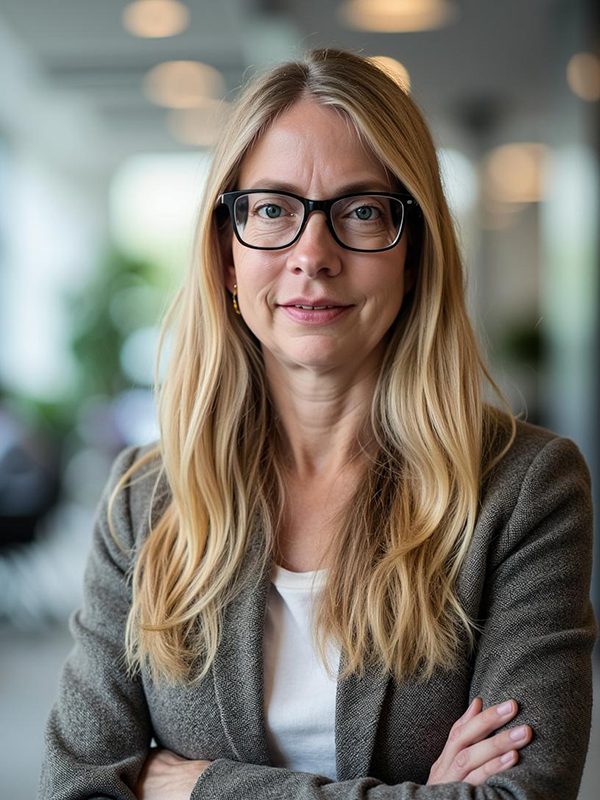
For Rebecca Nuernberger, PhD’24, working as a Family Nurse Practitioner and Community Health Advocate is an opportunity to combine her health care expertise, fluency in Spanish, and passion for health equity to help immigrants get access to care.
From Paraguay to PhD Student
The road to Rebecca’s current role started during her Peace Corps service in Paraguay, where she focused on environmental education and public health. After returning to the United States, she received a master’s in Advanced Practice Nursing from Boston College and became a family nurse practitioner for the East Boston Neighborhood Health Center. Her experience working with Latinx families and communities while in the Peace Corps was a natural fit for the Center, which treats new arrivals, regardless of documentation status. However, Rebecca knew that in order to provide her undocumented patients with the best care possible, she needed to understand the policies that were impacting them. She decided to enroll in the Heller PhD in Social Policy program while continuing her work as a clinician. “My goal was to eventually be able to advocate for my patients and work in the area of policy.”
Back to the Classroom
Rebecca, a lifelong learner, thrived at Heller where she was able to work alongside students from around the world. “It really was a multidisciplinary program. We all came from many different backgrounds, and were interested in different areas of policy. I learned as much from my peers’ experiences as I learned from the courses and my relationships with faculty.”
For her dissertation, she conducted a two-part quantitative research study that first looked at mental health using a specific measure of distress among immigrant populations along the legal status continuum. The second portion examined the use of nutrition services among immigrants from varying backgrounds and legal status. The study found that many services, specifically at SNAP and WIC, were underutilized by immigrants, regardless of documentation status, due to a variety of factors including lack of awareness, access to technology, and language barriers.
“It took me ten years to complete my PhD while continuing to work full-time, and there were moments when I wasn’t sure that I was going to be able to finish. Setting short-term goals along with longer-term goals helped me get the dissertation done. ”
Supporting Underserved Populations
Today, Rebecca is balancing her clinical practice with her commitment to advocacy. She currently works at Lynn Community Health Center, in a school-based setting, with adolescents from different backgrounds. “Many of them are new arrivals; some are undocumented or seeking asylum status. It’s very rewarding to help these young people get to know the health care system. I hope that I offer a welcoming orientation to health care as they make their way in this new setting, while also navigating the challenges of adolescence.” Rebecca also volunteers with immigrant support agencies to write letters for individuals facing detention due to their citizenship status. “I’m continuing to develop my voice as an advocate, provider, volunteer and scholar. Now more than ever is an important time to use my skills.”
Advice for Prospective Students
Make connections inside and outside of Heller. “Talk to people in the program and outside of it who have similar goals. Finding and developing mentors is also important. See what they would recommend, what their experiences were, and how they got there. Connect with the people around you, too—one of the things that I appreciated most at Heller was the community and the diversity of student and faculty backgrounds and experiences. There is much to learn from the Heller community.”
